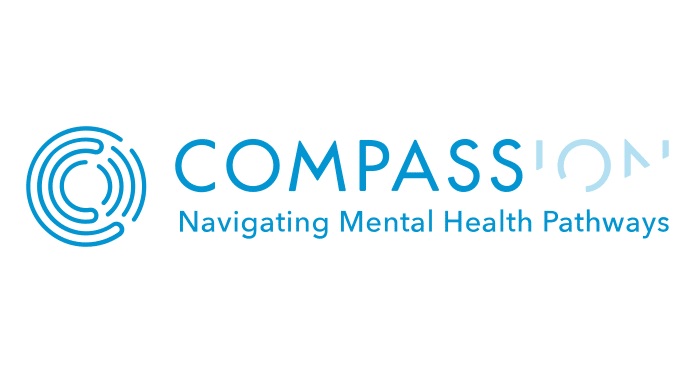Compass Pathways Launches Phase 3 Psilocybin Study in the UK for Treatment-Resistant Depression
Compass Pathways, a biotechnology firm at the forefront of mental health innovation, has initiated the UK segment of its global phase 3 study of COMP360 psilocybin therapy for treatment-resistant depression (TRD). This advancement, approved by the Medicines and Healthcare Regulatory Agency, marks a critical phase in the exploration of psilocybin as a potential treatment for TRD. The research is set to unfold across various UK locations, including the newly inaugurated Centre for Mental Health Research and Innovation in London.
The Centre, developed in collaboration with South London and Maudsley NHS Foundation Trust and the Institute of Psychiatry, Psychology & Neuroscience at King’s College London, is positioned to spearhead psychedelic research and the development of novel mental health care models in the UK. The phase 3 program, which encompasses the COMP 005 and COMP 006 trials, is heralded as the largest randomized, controlled, double-blind clinical program ever undertaken for psilocybin therapy.
COMP 006, both a UK and global study, will examine the efficacy of three dosages of COMP360 psilocybin (25mg, 10mg, and 1mg), while COMP 005, conducted in the US, will focus on the impact of a single 25mg dose compared with a placebo.
The Centre for Mental Health Research and Innovation aims not only to facilitate groundbreaking research on TRD and anorexia nervosa but also to aid in the integration of these investigational treatments into health systems, pending future approval. Efforts will include evaluating real-world evidence, researching and developing digital technologies for personalized care, and conducting therapist training.
Kabir Nath, CEO of Compass Pathways, emphasized the critical need for innovation in mental health treatment and the role of public-private partnerships in achieving these advances. The partnership with South London and Maudsley NHS Foundation Trust and King’s College London signifies a combined effort to address mental health challenges with new, evidence-based solutions.
David Bradley, Chief Executive of South London and Maudsley NHS Foundation Trust, expressed enthusiasm for the Centre’s role in conducting part of the phase 3 study. He highlighted the Centre’s position in a broader research partnership aimed at enhancing mental health care in the UK.
Professor Allan Young of King’s College London reflected on the milestone achieved with the transition to phase 3 clinical trials for psilocybin and TRD. He underscored the significance of the new Centre and the ongoing partnership in advancing research on the therapeutic use of psychedelics for various mental health conditions.
This initiative represents a pivotal step in the exploration of psilocybin as a potential therapeutic option for those suffering from treatment-resistant depression, with the broader goal of transforming mental health care through innovative and evidence-based treatments.



































